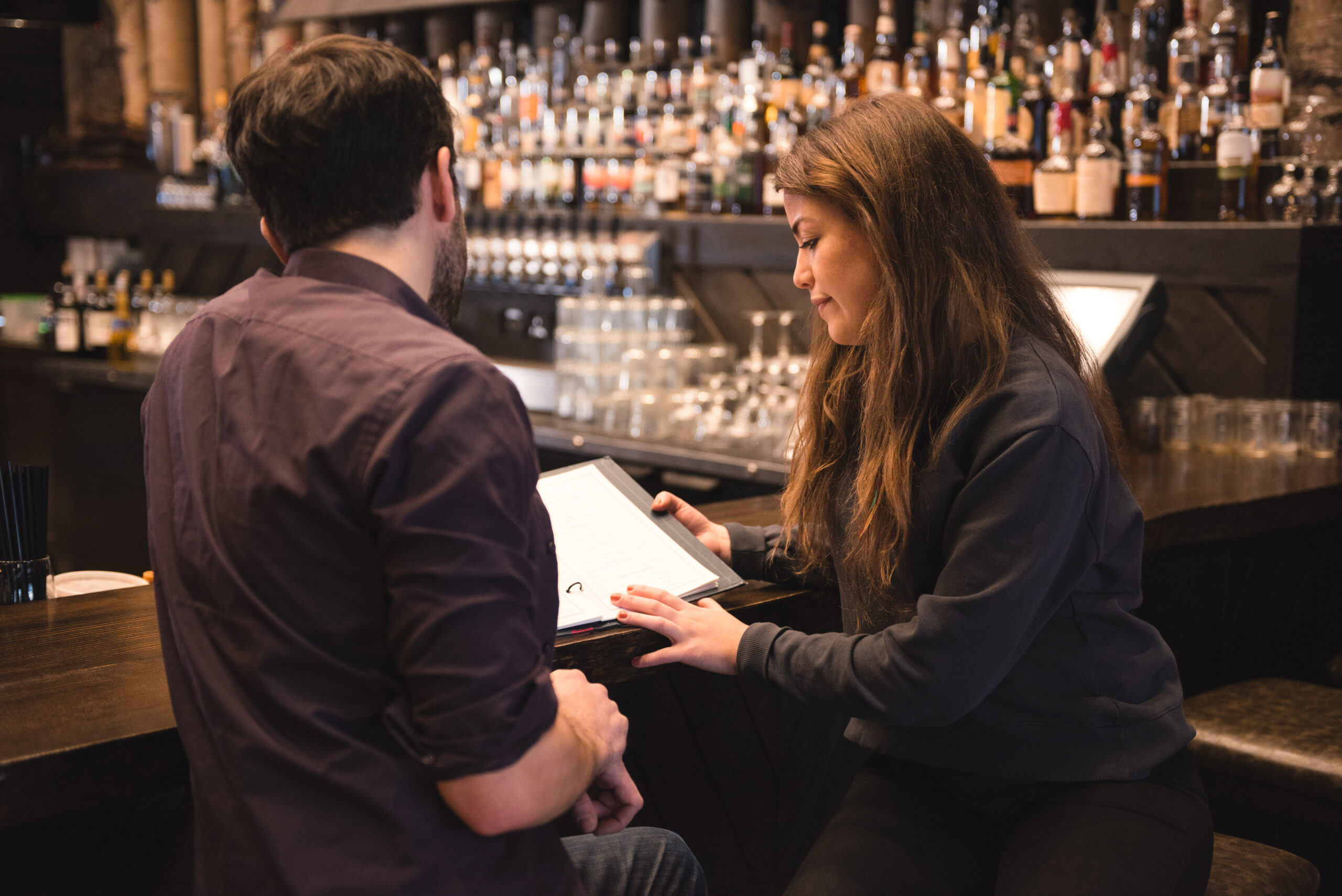Opening and operating a bar in Texas requires more than just a good location, the right atmosphere, and an appealing drink menu. At the heart of it all lies one critical legal requirement: a Bar TABC License. Issued by the Texas Alcoholic Beverage Commission (TABC), this license grants bars the legal authority to sell and serve alcoholic beverages. Without it, businesses face severe penalties, including fines, suspension, or even being forced to shut down operations. Understanding what a Bar TABC License is and why it matters is essential for any current or future bar owner in Texas.
What is a Bar TABC License?
A Bar TABC License is the official permit issued by the Texas Alcoholic Beverage Commission that allows establishments to sell alcoholic beverages for on-premises consumption. Depending on the type of bar and the products it serves, the license may authorize the sale of beer, wine, liquor, or all three.
The most common TABC license for bars is the Mixed Beverage Permit (MB). This permit authorizes bars, nightclubs, and restaurants to sell distilled spirits, beer, and wine by the glass for consumption on the premises. Other permits may apply depending on the business model, such as a Beer and Wine Retailer’s Permit (BG) for venues that do not serve liquor.
Why is it Required in Texas?
Texas has some of the strictest alcohol regulations in the United States. The TABC is responsible for enforcing these rules to ensure alcohol sales are legal, safe, and regulated. By requiring all bars to obtain a license, the state maintains control over:
- Who can sell alcohol – preventing illegal or unregulated sales.
- Where alcohol can be sold – ensuring bars comply with zoning laws and local ordinances.
- How alcohol is served – enforcing responsible practices to reduce underage drinking, overserving, and unsafe conditions.
Without this license, no bar can legally operate in Texas.
The Process of Getting a Bar TABC License
Obtaining a Bar TABC License is a multi-step process that can take anywhere from 45 to 90 days or longer, depending on the complexity of the application. Steps include:
- Determining the Correct Permit – Choosing between a Mixed Beverage Permit, Beer and Wine Permit, or others based on the type of bar.
- Submitting an Application through AIMS – The Alcohol Industry Management System is TABC’s online portal where applications are filed.
- Providing Documentation – Applicants must submit ownership information, lease agreements or property deeds, financial details, and personal background checks.
- Securing Local Approvals – Cities and counties must approve applications to ensure compliance with zoning and public safety regulations.
- Passing TABC Review – The TABC examines all documentation, conducts checks, and issues the permit if requirements are satisfied.
This detailed process ensures only qualified, law-abiding business owners can obtain a license.
Why is a Bar TABC License Important?
- Legal Compliance
The most obvious reason is legality. Selling alcohol without a TABC license is a violation of Texas law, leading to hefty fines, confiscation of alcohol, and possible closure of the establishment. Having a license ensures that your bar operates within the legal framework. - Customer Trust and Credibility
A properly licensed bar builds trust with customers. Patrons want to know that the establishment they are visiting follows state laws and maintains proper safety standards. A TABC license signals professionalism and legitimacy. - Business Growth and Opportunities
With the correct license, bars can legally serve a wide variety of beverages, attract more customers, and expand their offerings. Additionally, licensed establishments are often eligible for supplier partnerships and promotional opportunities that unlicensed venues cannot access. - Regulatory Protection
The TABC license is more than just permission to sell alcohol—it also provides a framework of protections. Licensed establishments that follow TABC rules are safeguarded from allegations of unlawful practices, provided they maintain compliance. - Employee Training and Responsibility
Alongside licensing, the TABC requires servers and bartenders to complete TABC certification training. This ensures staff are knowledgeable about responsible alcohol service, preventing sales to minors or intoxicated patrons. The license and training together promote a safer drinking environment. - Avoiding Severe Penalties
Operating without a license or violating its terms can lead to harsh consequences, including suspension or permanent revocation of the permit. A valid license protects business continuity and avoids costly disruptions.
Types of Bar Licenses in Texas
While the Mixed Beverage Permit is the most common, there are additional permits that bars might need depending on their business structure:
- Mixed Beverage Late Hours Permit (LB): Allows alcohol service past midnight.
- Wine and Beer Retailer’s Permit (BG): For establishments selling beer and wine only.
- Caterer’s Permit (CB): For bars offering off-premises service at events.
- Temporary Event Licenses: For festivals or special one-time occasions.
An experienced alcohol license consultant or agency can help determine the right permits for your bar.
The Role of Compliance After Licensing
Getting the license is only the first step—maintaining it is equally important. Bars must comply with ongoing regulations such as:
- Renewing their license every two years.
- Adhering to local operating hour restrictions.
- Maintaining records of alcohol purchases and sales.
- Ensuring employees maintain valid TABC certifications.
Non-compliance can quickly result in fines or suspension.
Conclusion
A Bar TABC License in Texas is not just a piece of paper—it’s the foundation of legally and successfully running a bar. It ensures compliance with state laws, builds trust with customers, and protects businesses from severe penalties. The license demonstrates that an establishment is committed to safe, responsible alcohol service and creates opportunities for growth and expansion in the competitive Texas hospitality industry.
For bar owners, securing and maintaining this license is not optional—it is essential. Whether you’re opening a new venue in Dallas, running a nightclub in Austin, or expanding a bar in Houston, the Bar TABC License is the key to serving your customers legally, responsibly, and successfully.

